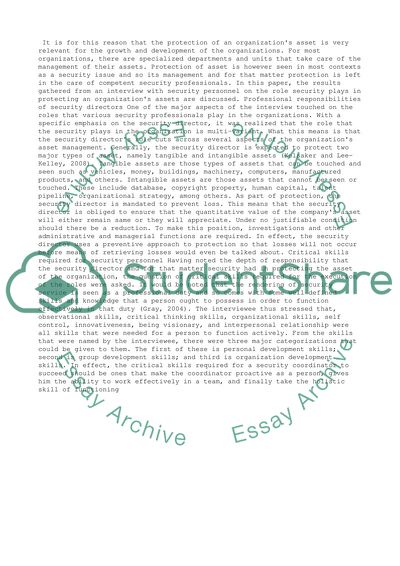Cite this document
(“Security Roles In An Organization Research Paper”, n.d.)
Security Roles In An Organization Research Paper. Retrieved from https://studentshare.org/management/1485140-security-roles-in-an-organization
Security Roles In An Organization Research Paper. Retrieved from https://studentshare.org/management/1485140-security-roles-in-an-organization
(Security Roles In An Organization Research Paper)
Security Roles In An Organization Research Paper. https://studentshare.org/management/1485140-security-roles-in-an-organization.
Security Roles In An Organization Research Paper. https://studentshare.org/management/1485140-security-roles-in-an-organization.
“Security Roles In An Organization Research Paper”, n.d. https://studentshare.org/management/1485140-security-roles-in-an-organization.


